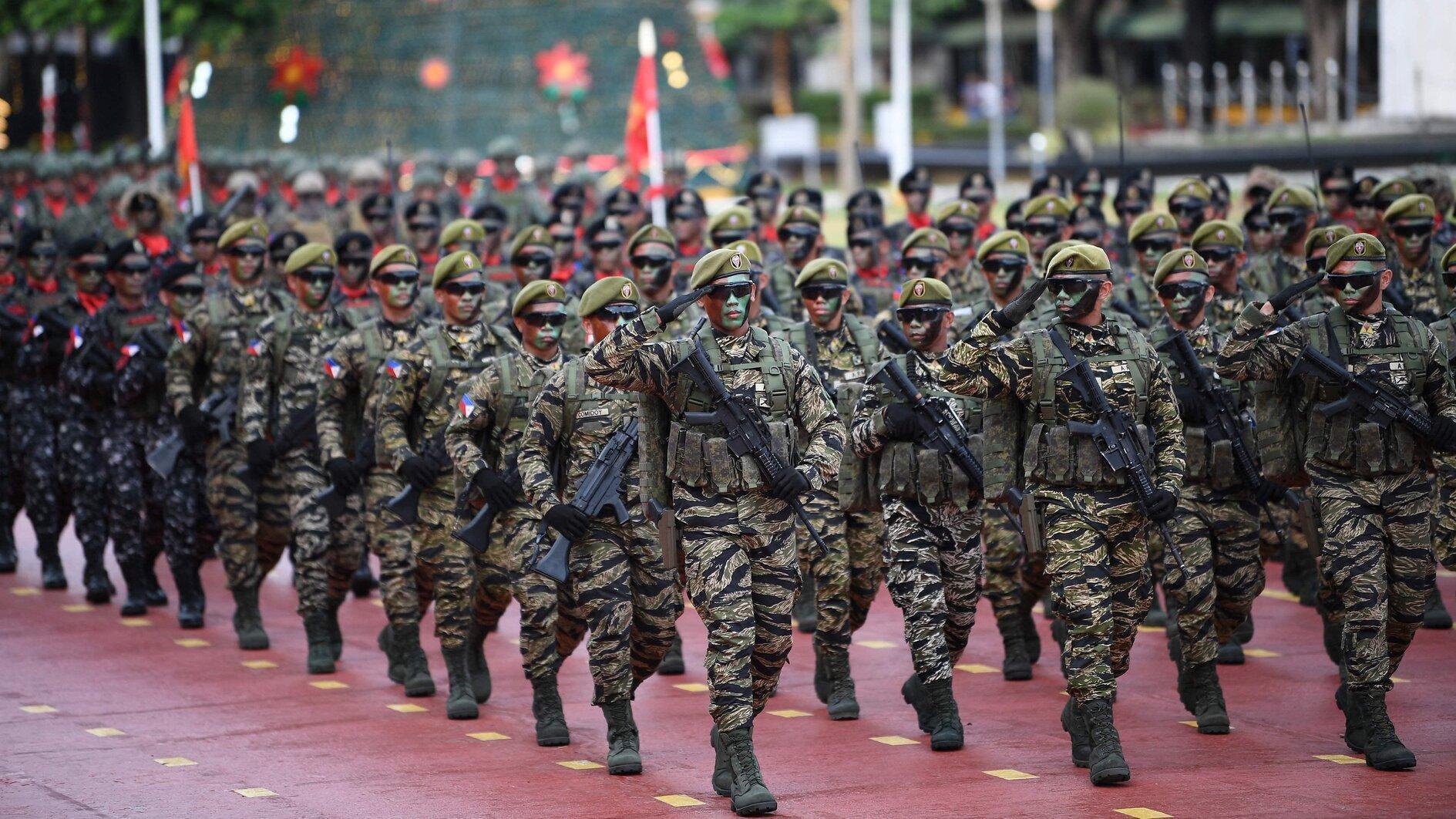Constitutional coup
It is rather odd for a constitutional law professor, worse, chief of a parliamentary constitutional committee chairman to declare, on camera, that if the Constitutional Court decides to annul the 10 percent national electoral threshold, such a decision would not only be void, but lead to questioning the very existence of the top court. It was also rather strange to hear “constitutionally elected” politicians at all levels to talk in a manner threatening the high court, or at least trying to influence the decision on individual applications which demand that the electoral threshold be considered a breach of rights and be annulled.
For the ruling Justice and Development Party (AKP) and its pen slingers in the allegiant media, the country is facing a “blatant constitutional coup attempt that must be defeated.” Members of the Constitutional Court, it is stated directly and indirectly “must reject this nonsense application.”
Will it indeed be a "constitutional coup," or a coup through the Constitutional Court? Is it indeed possible that the top court of the country has become a “den of coup plotters?”
The 10 percent electoral threshold is definitely a violation of justice in representation, a blatant breach of rights, against the equality principle. Changing it ought to come through a constitutional amendment and an overhaul of the election law. But I do not believe it is in the competency of the high court to make a decision on the constitutional compatibility of the threshold, or whether it is a breach of rights, over three decades after the Constitution was approved in a national referendum and election laws were written accordingly.
Still, this is Turkey and in this country there is a genetic tradition of bending laws according to the wishes of the powerful, or sometimes to fight the powerful. How many of us remember the notorious 367 decision of the previous Constitutional Court? In order to prevent Abdullah Gül from being elected to the presidency, the rules of the game were arbitrarily changed and the required votes to be elected president was treated as quorum required for presidential elections session of Parliament convene. The principle that the president could be elected with the simple majority in the third and last vote was simply ignored. Did it change much in Turkey? Yes it did. After Gül was elected in the subsequent Parliament, convened after the parliamentary elections, the Constitution was amended and the popular election of the next president, Recep Tayyip Erdoğan, seven years later became possible.
The tactic of bending the rules might temporarily help, but eventually rivers find their own beds. The annulment of the 10 percent threshold will be a serious blow to Erdoğan’s aspirations to become the elected sultan of the country. Already, some pollsters commented that if there had been no 10 percent threshold in the last election, the AKP would not have even been able to form a government alone. AKP votes are believed to be on the decline. If the threshold is removed, put aside the possibility of having sufficient majority (3/5 or 367 seats), the ruling party will most likely have to start a search for a coalition partner if it wants to stay in power. However, can the top court make such a decision for an annulment? In past complaints on the issue, the Court twice decided to reject the annulment, citing the principle of “stability in governance.”
With a 2013 constitutional amendment, the Court’s composition changed. With the AKP engaging in a war of attrition with the Fethullah Gülen Islamist brotherhood, balances in the Court changed considerably against the government. However, will top judge Haşim Kılıç and other members forget about the competency limits of the Court, examine the complaint, and annul the threshold anyway? This is most unlikely. Still, either way the AKP playing the role of the aggrieved might help it in the upcoming June elections.











